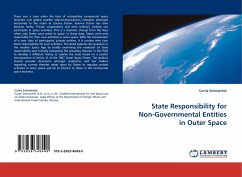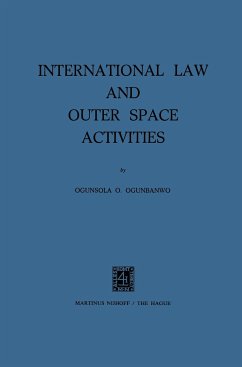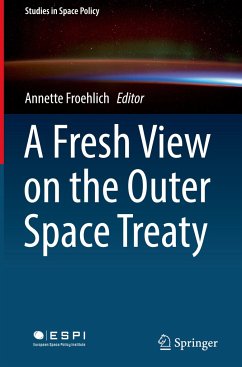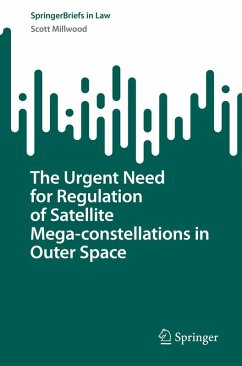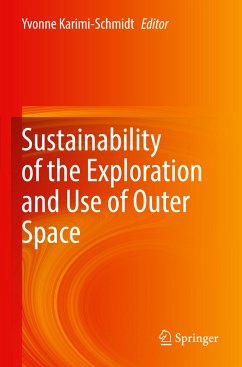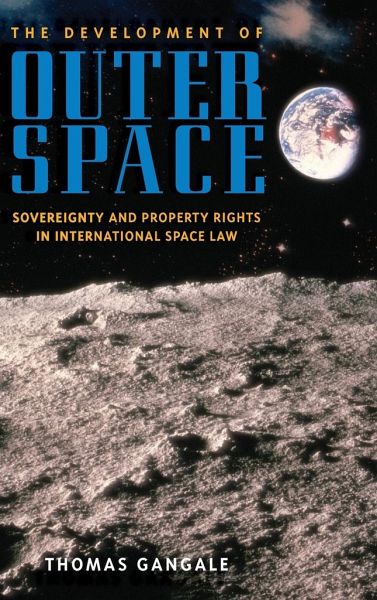
The Development of Outer Space
Sovereignty and Property Rights in International Space Law

PAYBACK Punkte
27 °P sammeln!
This account of the evolution of outer space law examines key issues that fuel the debates over sovereignty and property rights designed to govern the future colonization and use of heavenly bodies other than our own. In the United States, lobbies for the commercial development of space have become increasingly antagonistic toward the international legal regime of outer space, condemning the 1967 Outer Space Treaty and the unratified 1979 Moon Agreement as anti-business. The Development of Outer Space: Sovereignty and Property Rights in International Space Law argues that the res communis prin...
This account of the evolution of outer space law examines key issues that fuel the debates over sovereignty and property rights designed to govern the future colonization and use of heavenly bodies other than our own. In the United States, lobbies for the commercial development of space have become increasingly antagonistic toward the international legal regime of outer space, condemning the 1967 Outer Space Treaty and the unratified 1979 Moon Agreement as anti-business. The Development of Outer Space: Sovereignty and Property Rights in International Space Law argues that the res communis principle enshrined in the Outer Space Treaty was misrepresented here, with essential help from corporate lobbyists whose real object was the defeat of the Law of the Sea Convention. Thomas Gangale builds the legal case for reviving the moribund Moon Agreement as a prelude to negotiating a second Moon treaty to establish a regulatory regime for the exploitation of extraterrestrial resources. The author's account of the inception and evolution of outer space law to date is deeply informed by his appreciation of such terrestrial considerations as the nation-state system, the contending economic theories of capitalism and communism, and the post-colonial struggle between the developed space-faring nations and the developing earthbound nations.








